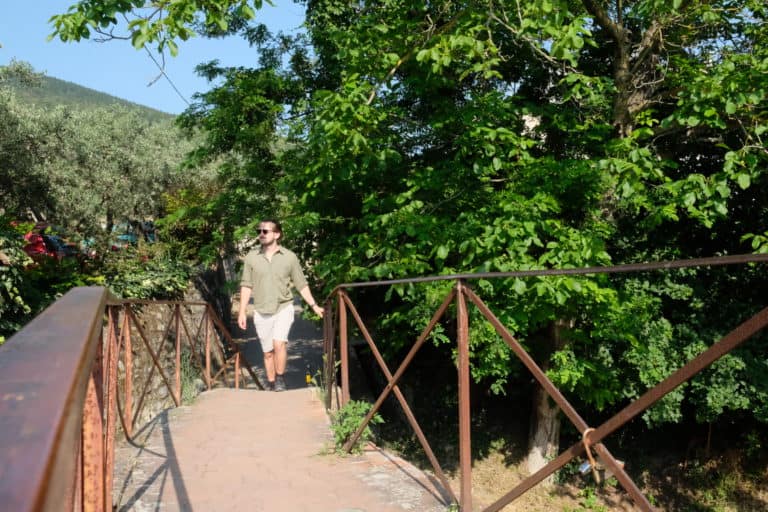Advantages of being patient in the modern world
The word virtue has long since lost its appeal in today's world; most people think of some bygone era when they hear it. But even if virtues themselves have gone out of fashion, it is still worth cultivating them in your own life. Because living virtuously not only makes the world a better place, it also makes your own life a lot more worth living.
In today's blog article, however, we don't want to focus on virtues per se, but on a very special virtue: patience. Nowadays, it seems almost unnecessary to practice patience, as we can have almost anything material in our hands with a waiting time of one or a few days.
However, we must not forget that there are also some things that we cannot simply order. Things that we first have to work for, be it a higher education qualification, finding a steady partner, buying a house and so on, are things that are known not to happen overnight. This makes it all the more important to remember that it doesn't hurt to be patient.
Cultivating patience may not be the most enjoyable exercise, but it is a worthwhile one. Because while other people slide impatiently from one side of the chair to the other, you can let the passing of time pass you by in stoic calm. Fortunately, you can train patience in many different ways, here are a few examples:
Mindfulness exercises: Regular mindfulness exercises can help you stay present in the moment and encourage patience. Try to focus on your breathing or take short meditation sessions.
Meditation: Daily meditation can help to calm the mind and develop a more patient attitude.
Set realistic goals: Set achievable goals and understand that some things take time.
Acceptance of delays: Accept that delays and setbacks are part of life and learn to take them in your stride.
Relaxation techniques: Techniques such as deep breathing, yoga or progressive muscle relaxation can help to reduce stress, which in turn promotes patience.
Regular breaks: Take regular breaks to relax and recharge your batteries.
Long view: Try to look at things from a long-term perspective. What looks like a big problem today may seem insignificant in the future.
Develop empathy: Try to put yourself in other people's shoes. Understanding other people and their situations can increase your patience.
Small challenges: Start with small tasks that require patience and gradually increase the complexity.
Continuous practicing: Patience requires constant practice. The more often you practise patience, the better you will become at it.
Positive thinking: Encourage yourself with positive thoughts and self-talk. Replace negative thoughts with positive and constructive ones.
Hobbies and activities: Engage in activities that require patience, such as gardening, cooking or puzzles.
Use waiting situations: Use times of waiting (e.g. in a queue or traffic jam) as opportunities to practise patience.
Keep a diary: Write down your experiences and reflect on what worked well and what didn't.
Learning from experience: Analyze situations in which you were impatient and think about how you could react differently next time.
Patience is a virtue that can be developed through conscious effort and continuous practice. By integrating these strategies into your daily life, you can gradually cultivate a more patient and calm attitude. I hope that these practical tips can help you on your path to cultivating patience.
If you have any other tips and tricks, please let us know in the comments.







